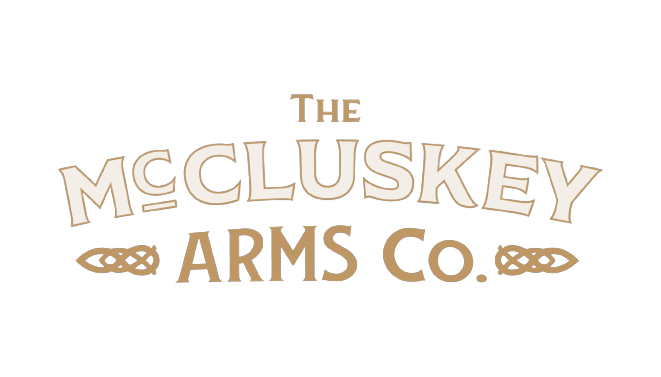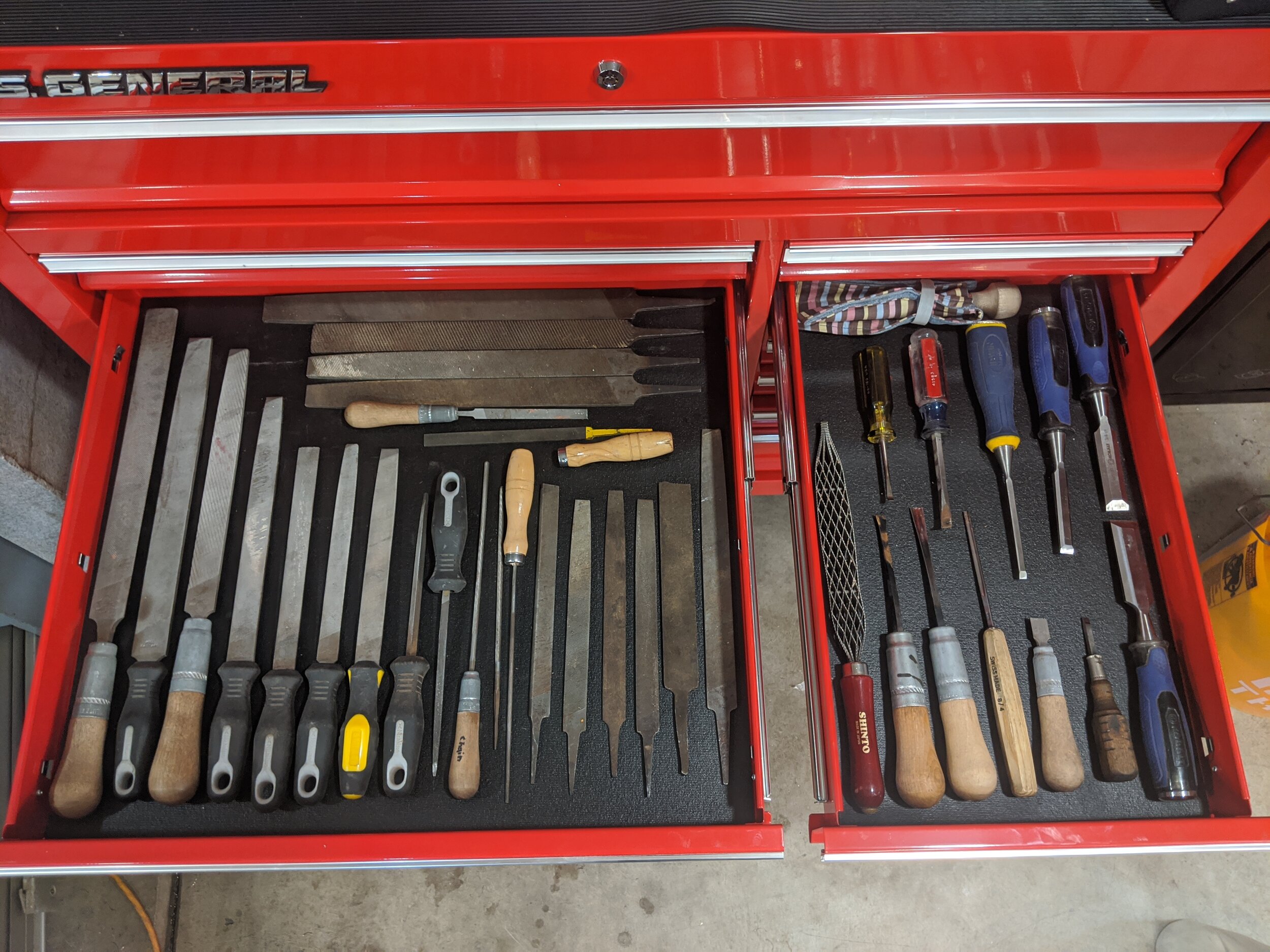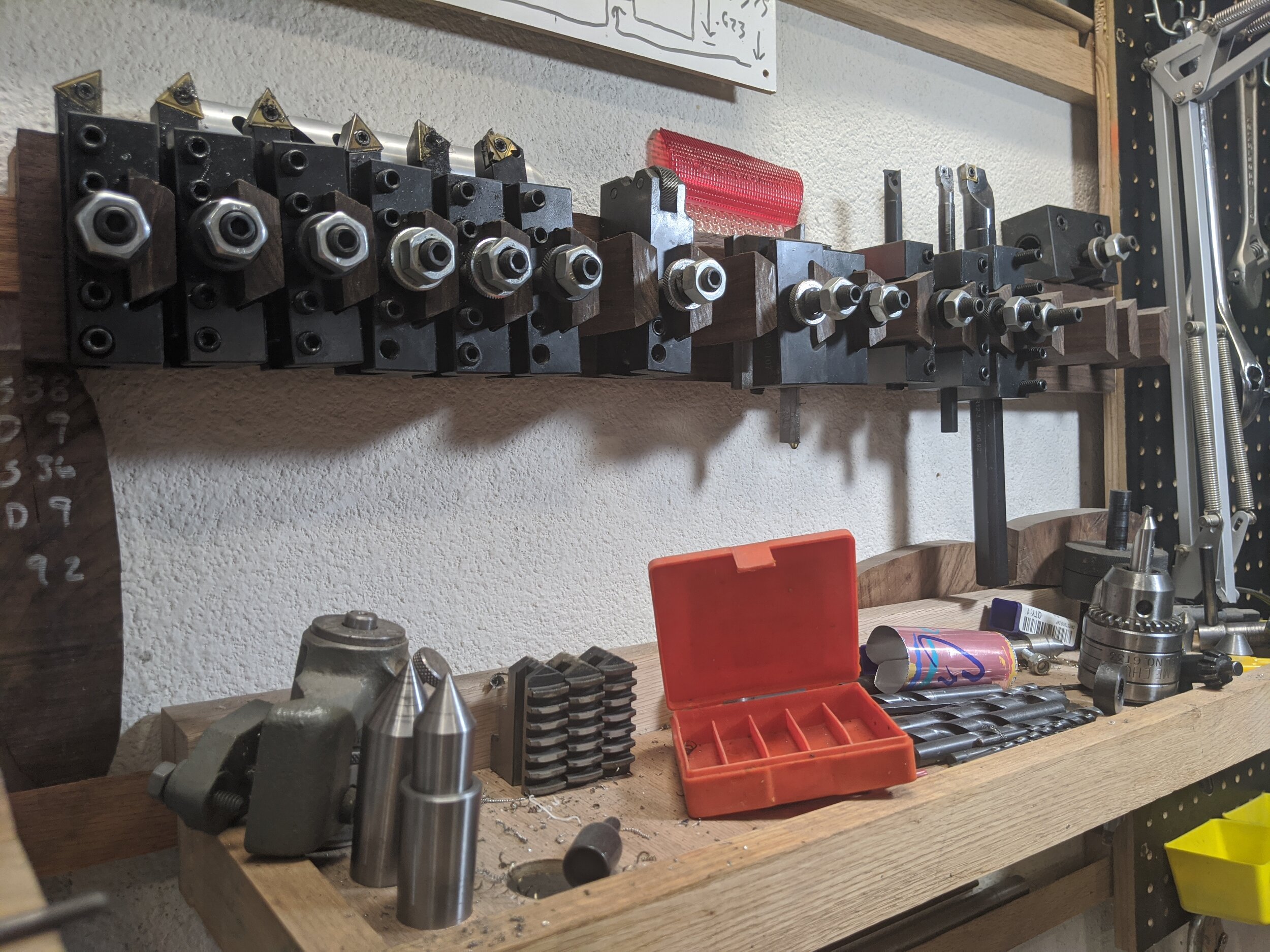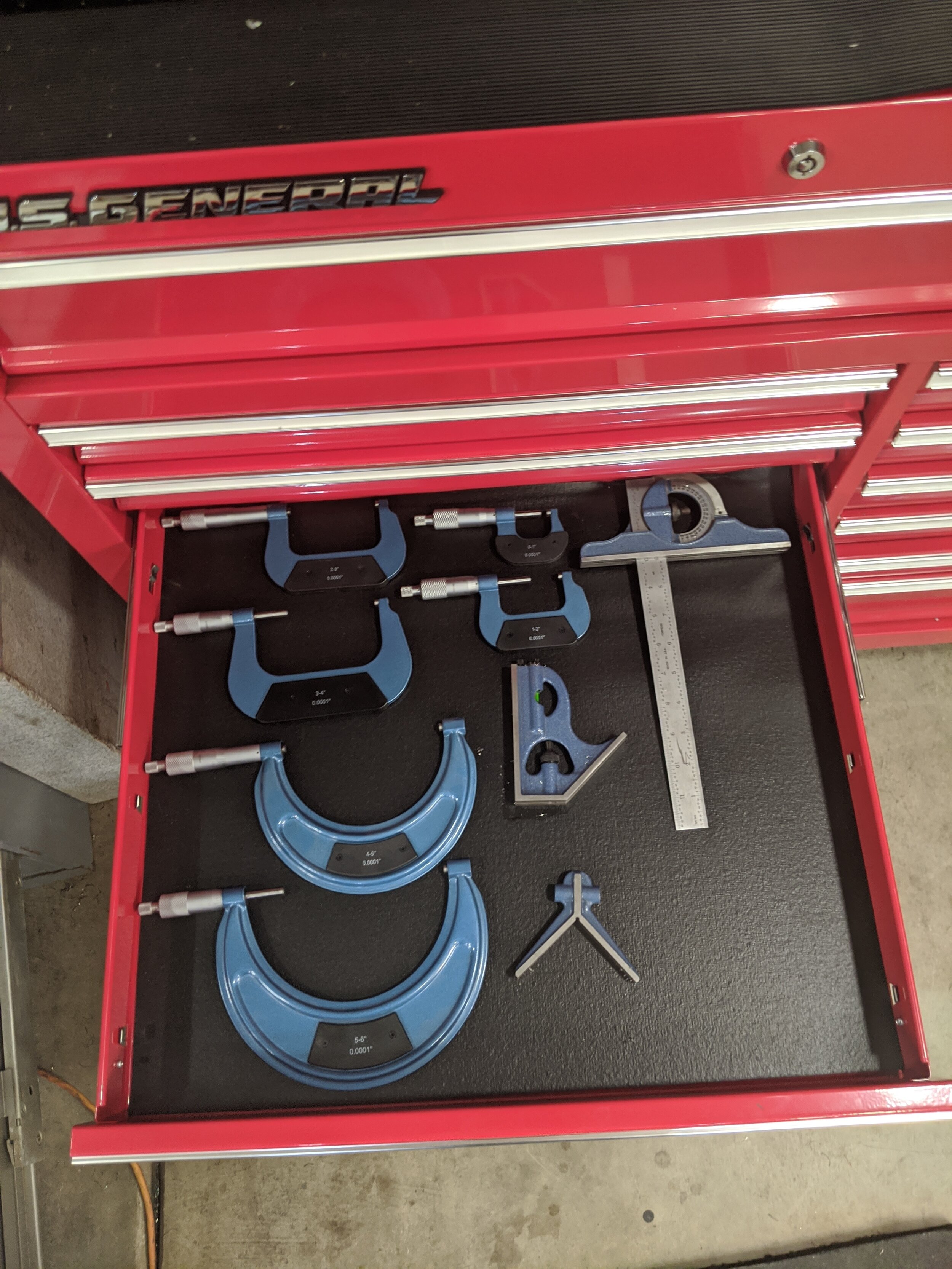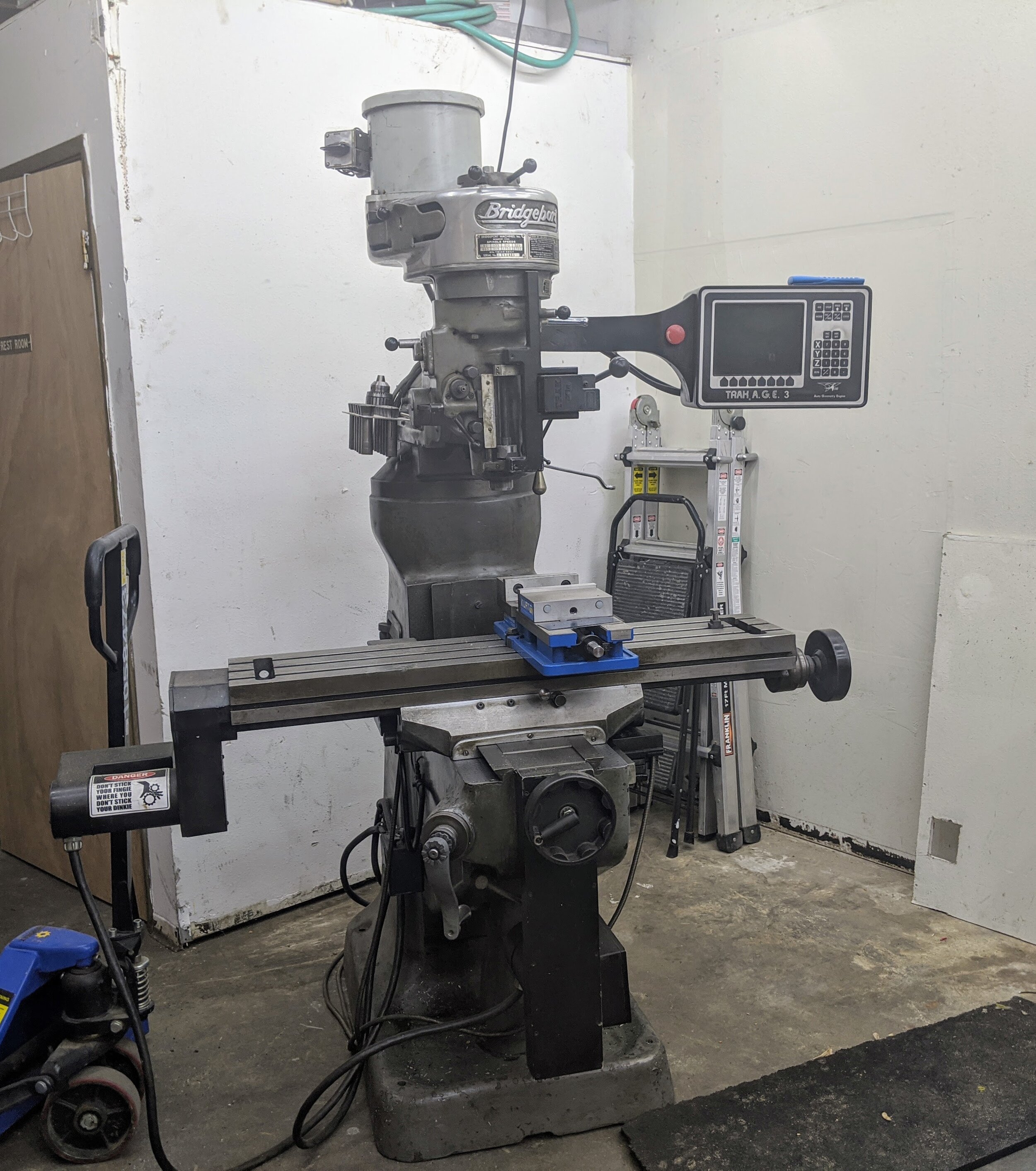What is a Gunsmith?
In this blog post, we will discuss what a professional gunsmith does and how we differ from both hobbyists and armorers. I’ll also touch on my own education, various jobs in the field, and my experience building a gunsmithing business.
What is a Professional Gunsmith?
A handful of our customers come from other “gunsmiths” who had promised they could fix it or install a part or even machine their gun. But these customers didn’t go to a professional gunsmith, and so, their guns never got fixed or got ruined in some cases.
Therefore, we thought that this would be a great blog topic. What is a professional gunsmith? What is the difference between a hobbyist gunsmith and a professional gunsmith? What is the difference between an armorer and a gunsmith?
In short, a professional gunsmith is a trained craftsman who has acquired the skills and tools necessary to make a career out of gunsmithing. To me, these are the three defining factors of a professional gunsmith: 1) gunsmithing is their career, 2) they have the proper equipment and tools, and 3) they have hands-on training or experience. We will discuss each of these three defining factors in detail below.
A professional gunsmith has made a career of gunsmithing
First, a professional gunsmith is someone who has made a career out of gunsmithing. The very definition of professional explains this to us. Professional, according to Merriam-Webster, is defined as someone “participating for livelihood in an activity often engaged in by amateurs.” Just as there are amateur shooters and professional shooters, there are gunsmith hobbyists and professional gunsmiths. Indeed, hobbyists love their work, but they have not dedicated their life to learning and perfecting their craft.
And while there are career armorers, it is not the same job as a professional gunsmith. Professional gunsmiths have a more expansive knowledge of guns. Armorers, on the other had, typically specialize in certain firearms. And though there might be some overlap in services performed, a professional gunsmith has a wider breadth of skills. Armorers maintain firearms and change parts on guns. While gunsmiths provide this service as well, a professional gunsmith can also make parts, build firearms, and provide milling and lathing services.
Ever since taking my first summer gunsmithing course, I wanted to pursue a career in gunsmithing. I love taking things apart and fixing them. I love figuring out how to put things back together. I love creating and modifying things. I really couldn’t imagine myself happier doing anything else.
After graduating with both a certificate and a degree in gunsmithing from Trinidad State in Colorado, I began to pursue my career as a gunsmith. My first job out of college was with Stan Chen Customs. Then, when my wife and I moved to Eugene, Oregon, Mazama Sporting Goods hired me to be a salesperson and their in-house gunsmith.
At first, I spent more time on the sales floor and was only taking on small jobs like sight installs and scope mounts. After customers caught wind of a gunsmith in town, I started doing gun repair as well. Gradually, I began to spend less time on the sales floor and more time in the back working on customer guns.
Word spread even more when Mazama added gunsmithing to their website. More people came in asking for a variety of services. At the time, I didn’t have any machines nor did I have a Cerakote set up. While I had the skill to perform the requested services, I didn’t have the space or equipment to provide those. That’s when I started The McCluskey Arms Company.
Running my own gunsmithing company has always been a goal of mine, but I didn’t think it would happen this quickly. We’ve already developed a relationship with a local bank and have commissioned a new branding structure which includes a new business card design and company logo. We are so excited to continue expanding both our customer base and services offered. I’m also looking forward to doing more R&D on various gun designs, parts, accessories, and even cartridges.
Professional gunsmiths have the proper equipment and tools necessary for the services provided
Second, professional gunsmiths have all the proper tooling necessary to complete all the services they offer. In order to perform any service to the highest standard, you must have the proper equipment. For gunsmiths, this means having all the proper screwdrivers, punches, files, vises, and welding equipment. Typically, this also includes large equipment such as a lathe and mill—and all of the tools that go along with that such as lathe turning tools and ends mills. Not to mention all of the precision measuring equipment. Thousands of dollars worth of tools and hundreds of hours of training and practice.
And without these tools, a gunsmith either cannot provide a certain service or cannot perform a service to the highest standard. Sure, you could probably thread a barrel without a lathe. You might be able to do an optic cut without a mill. But both of these things are difficult to do—and more importantly, to do well.
Even though McCluskey Arms operated out of my garage, starting the business allowed us to provide additional services to the customers at Mazama. I purchased a lathe so I could rebarrel guns and thread barrels. I also built a paint booth to provide Cerakote services. Soon thereafter, I purchased a bench-top mill which enabled me to offer optic cuts and other machining services.
Bridgeport Mill with CNC Conversion at The McCluskey Arms Company in Eugene, Oregon
South Bend Lathe at The McCluskey Arms Company in Eugene, Oregon
Afte creating our own website and advertising on our social media accounts, business got really busy, and we were able to purchase the Bridgeport CNC mill. This made all of our milling jobs much easier and much more efficient.
With the growth of the company outpacing the size and space of Mazama and my garage, I decided to rent my own space. We are super excited about this step for our business. We can’t wait to open and begin accepting new customers.
Professional gunsmiths have had hands-on training or experience.
Finally, professional gunsmiths have had hands-on training or experience. Notice I didn’t say “formal” training—though it’s very helpful. What’s more important about training or experience is that it’s hands on. Simply taking online classes will not be enough for a professional gunsmith. Learning how to lathe by watching videos is not the same as physically manipulating the machine. Only watching an instructor demonstrate how to take apart a Browning A5 isn’t the same as taking apart a Browning A5 yourself. Reading about welding isn’t the same as attempting to weld something. Whether it be an apprenticeship or gunsmithing school, a professional gunsmith has some sort of hands on experience in order to have a well-rounded knowledge and skill base.
I acquired my hand-on training and formal education from Trinidad State Junior College in Trinidad, Colorado. Graduating Magna Cum Laude and first in my gunsmithing class, I earned a Certificate and Associate of Arts Degree in Gunsmithing. At TSJC, I was fortunate to learn from three of the best gunsmiths and teachers in the country Glen Morovits, Ryan Newport, and Bill Sturtavent. I took classes on firearm repair, stock making, machining, welding, bolt action accuracy, 1911-smithing, engraving, and reloading.
Lathes in the Machine Shop at Trinidad State Junior College Gunsmithing School
In my first job out of college, I had the opportunity to work for Stan Chen at Stan Chen Customs in Durango, Colorado. I was super grateful for the opportunity to learn from one of the most renown custom 1911 makers in the country. And while I worked there for a little less than a year, I learned a lot from him not only about guns but also about how to run a business.
Between my formal education at Trinidad State and my job with Stan, I had the requisite experience and training to become the in-house gunsmith at one of the largest sporting goods stores in Eugene. These experiences set me up for success when starting The McCluskey Arms Company.
In sum, a professional gunsmith has made a career out of the training, skills, and equipment to be a firearms “mechanic” but also a craftsman, machinist, artist, and in some cases, a high-speed projectile engineer.
If you’re interested in learning more about gunsmithing at McCluskey arms, please subscribe to our blog below and follow us on social media!
